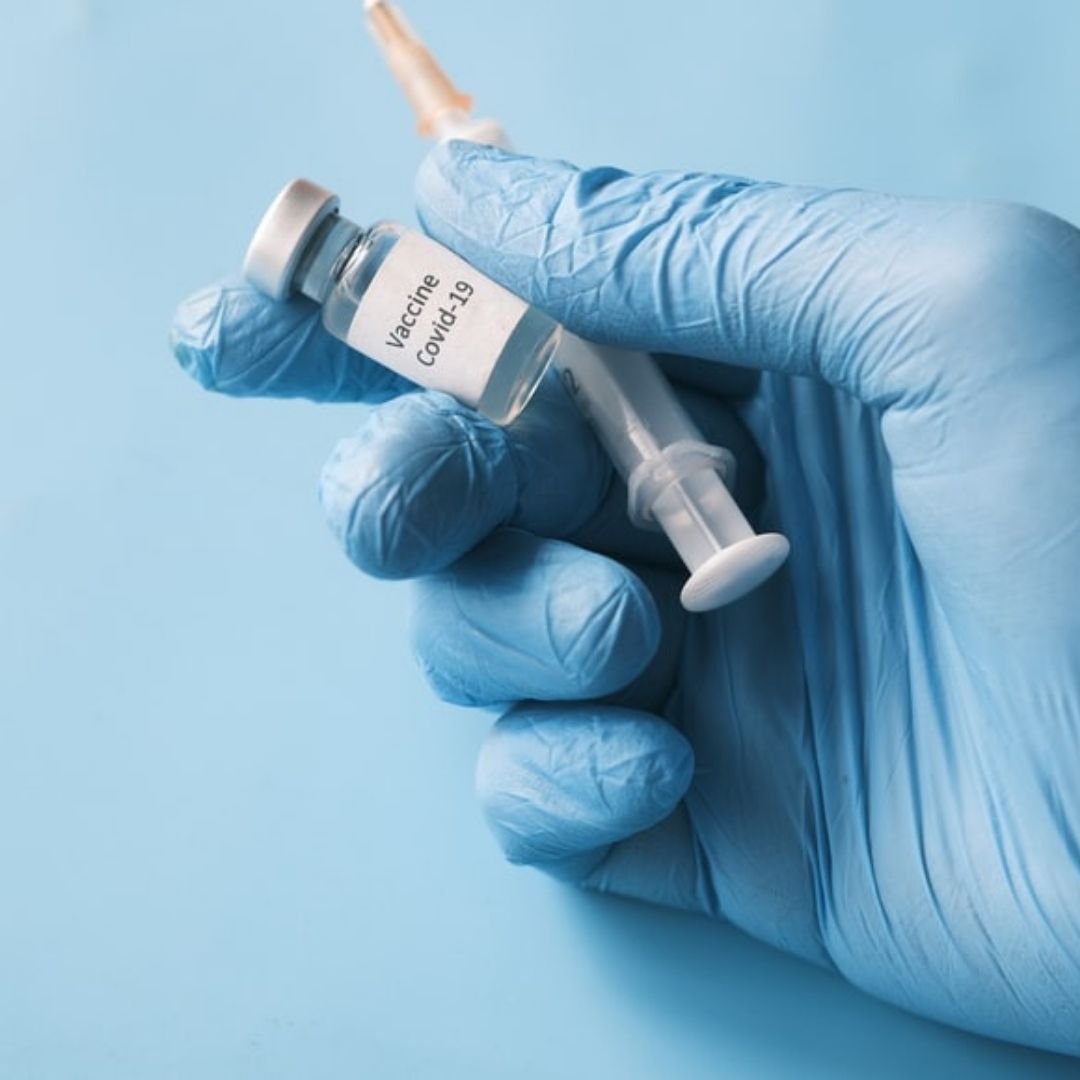
Image Credit: Unsplash
Vaccine Efficacy Declining: Do We Need Third Dose?
Writer: Ratika Rana
Her primary objective is to inform, promote, educate and cultivate readers through writing.
India, 27 Sep 2021 11:12 AM GMT
Editor : Ankita Singh |
A literature lover who likes delving deeper into a wide range of societal issues and expresses her opinions about the same. Keeps looking for best-read recommendations while enjoying her coffee and tea.
Creatives : Ratika Rana
Her primary objective is to inform, promote, educate and cultivate readers through writing.
An Israel based study showed that people vaccinated in early January are more vulnerable to contracting the COVID-19 virus, as compared to the ones vaccinated later.
A new research published stated that the efficacy of the COVID-19 vaccines has been declining. The data suggests that while the protection against incurring the infection has considerably declined over the period, but the protection against hospitalization remains high. The people vaccinated earlier this year are prone to get infected compared to those vaccinated later in 2021. Ideally, a public vaccination program protects people from getting infected, transmission and hospitalization, followed by mortality.
Therefore, it is safe to assume that even if the protection against the disease decreases, the chances of landing in the hospital are still less, which is positive. The main burden on the healthcare system comes only after resources in the hospital are utilized.
The Indian Express mentioned that the data showed that in Israel if the efficacy of the vaccine was at 95 per cent in the initial days after getting jabbed, it declined to 40.5 per cent in the latter days. Contrary to this, the risk of hospitalization declined from 89 per cent to 88 per cent only during the same period.
How Does A Vaccine Function?
The virus is primarily found in two locations as it infects the body. One, in the circulatory system to travel in the body; and second, in cells of various tissues that it uses to invade and multiply. Antibodies 'lock' specific protein surfaces to prevent the virus from circulating in the body. However, the antibodies become useless once the virus enters the cells and start multiplying. Then, the second immune arm comes into action and is aptly named the Killer T-arm.
This functions to kill its body cells that harbour the virus. Vaccination establishes the two arms of the immune response, which can mature differently. The circulatory antibody elements decline with time, and even though our immune system has a 'memory' to identify the virus, kickstarting the memory might take some time.
High-Risk Countries Considering Third Dose Rollout
A weak and delayed memory response to the virus would result in re-infection. However, if the T-cells response is in time, the patient would avoid strengthening the virus in the system. The two doses are still highly protective against the condition that would push a patient to hospitalize; therefore, if the international and national health organizations permit the third dose, the main focus would be to contain the risk of infection. There is limited data currently that substantiates the injecting the third dose would increase the effectiveness. Moreover, some countries are discussing a targetted rollout of the third dose- especially in high-risk populations.
Also Read: Centre To Roll Out 7,270 Crore Scheme For Road Safety In 14 States
 All section
All section














